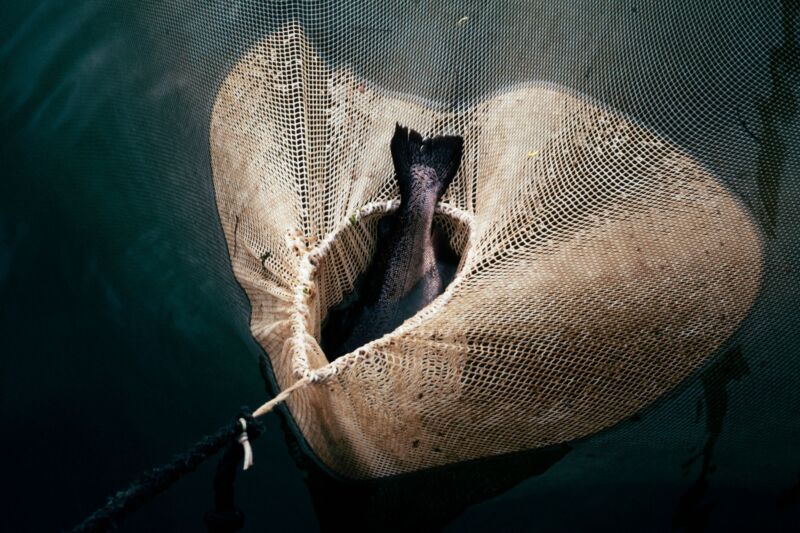

A new database reveals how much humans are messing with evolution
source link: https://arstechnica.com/science/2022/02/a-new-database-reveals-how-much-humans-are-messing-with-evolution/
Go to the source link to view the article. You can view the picture content, updated content and better typesetting reading experience. If the link is broken, please click the button below to view the snapshot at that time.
adapt or else? —
A new database reveals how much humans are messing with evolution
Some animals and plants are rapidly adapting to our warming, polluted world.
Amit Katwala, wired.com - 2/5/2022, 12:44 PM

Charles Darwin thought of evolution as an incremental process, like the patient creep of glaciers or the march of continental plates. “We see nothing of these slow changes in progress until the hand of time has marked the long lapse of ages,” he wrote in On the Origin of Species, his famous 1859 treatise on natural selection.
But by the 1970s, scientists were finding evidence that Darwin might be wrong—at least about the timescale. Peppered moths living in industrial areas of Britain were getting darker, better for blending in against the soot-blackened buildings and avoiding predation from the air. House sparrows—introduced to North America from Europe—were changing size and color according to the climate of their new homes. Tufted hairgrass growing around electricity pylons was developing a tolerance for zinc (which is used as a coating for pylons and can be toxic to plants).

In the late 1990s, biologist Andrew Hendry noticed similarly quick changes in phenotype while studying salmon. (Phenotype refers to the trait that actually exists in the animal, even if it’s not reflected by a change in its underlying genetic code.) “We had this impression that, well, actually, maybe this rapid evolution thing is not so exceptional,” says Hendry, now a professor at McGill University in Montreal. “Maybe it’s actually occurring all the time, and people just haven’t emphasized it.”
Advertisement
With a colleague, Michael Kinnison (now at the University of Maine), Hendry pulled together a database of examples of rapid evolution and wrote a 1999 paper that kickstarted interest in the field. Now, Hendry and colleagues have updated and expanded the original data set with more than 5,000 additional examples: everything from the cranial depth of the common chaffinch to the lifespan of the Trinidadian guppy. Scientists are using this data to answer questions about how fast and far the natural world is changing and how much of the change is due to humans.
In an initial paper published in November 2021 using the new data set (which is called Proceed, for Phenotypic Rates of Change Evolutionary and Ecological Database), Hendry and colleagues reexamined five key questions raised by previous work. They confirmed, for instance, that on average, all over the world, animal species seem to be getting smaller. This runs contrary to a theory of evolution called Cope’s rule, which posits that species should increase in size over time. “It’s better to be larger,” says Kiyoko Gotanda, a coauthor on the paper who is now at Brock University in Ontario. “You’ll get more mates, you have a better survival rate.” But when they analyzed the new data, the results confirmed a finding from a previous paper by Gotanda. “There seems to be an overall decline in body size due to things like climate change, and other types of human influences,” she says.
Hunting and harvesting are the biggest drivers of this trend: if humans pluck the fattest fish from the ocean each time they cast their nets, it follows that only the smaller ones will survive to pass on their genes. But climate could also play a role because of a basic rule of biology: larger creatures have a bigger surface area-to-volume ratio and therefore find it easier to retain heat. “The theory is that you don’t need to maintain that larger body size as the temperatures are warming, and so you can be smaller,” Gotanda says.
Page:
Recommend
About Joyk
Aggregate valuable and interesting links.
Joyk means Joy of geeK